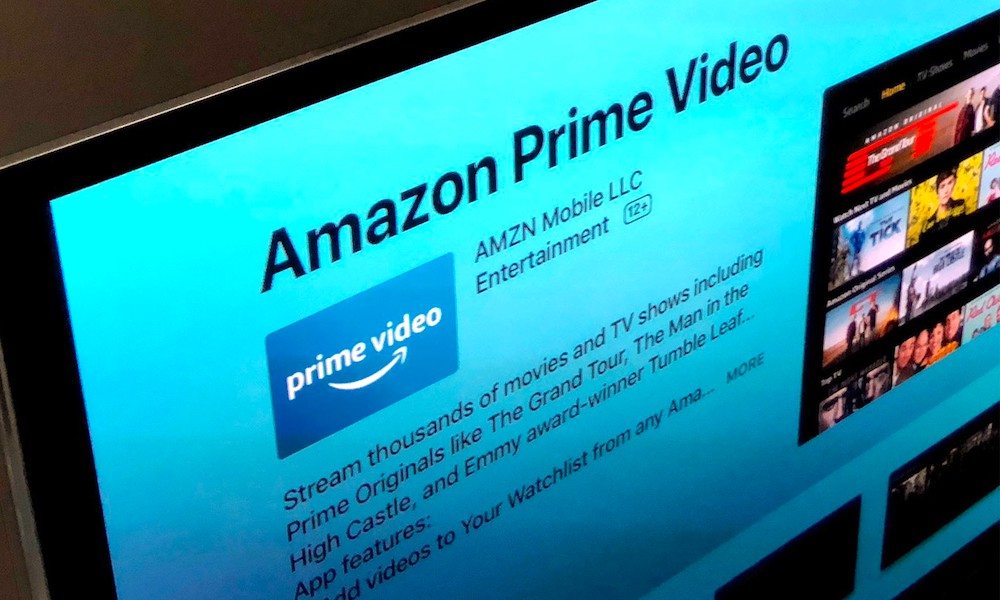Ads Coming to Amazon Prime Video on January 29
 Credit: Manuel Esteban / Shutterstock
Credit: Manuel Esteban / Shutterstock
Toggle Dark Mode
As more and more streaming services get bitten by the advertising bug, it seems that Apple TV+ may soon be the last bastion of ad-free programming — at least at a reasonable subscription price.
While Netflix is arguably the biggest streamer to adopt an ad-supported tier, it’s far from alone. Others like Paramount Plus and Hulu were running ad-supported tiers long before the idea was even a gleam in the eyes of Netflix CEO Reed Hastings, and since the streaming giant has taken the plunge, nearly every other big player from Disney Plus to Max (formerly HBO Max) have joined the party.
Now, it looks like it’s Amazon’s turn. After announcing in September that ads were coming to Prime Video in “early 2024,” the company began quietly notifying subscribers this week that it will be flipping the switch on January 29, 2024.
However, unlike Netflix, Amazon isn’t offering a lower-priced ad-supported tier. Instead, it plans to run ads on the Prime Video service that we’re all enjoying today — without dropping the price in any way.
Instead, if you want to avoid ads on Amazon Prime Video, you’ll need to pay $2.99 per month more than you’re paying right now to upgrade to the “ad-free” plan.
That’s not only on top of your Amazon Prime membership, which includes Amazon Prime Video at no extra charge but also for those who have opted for the standalone $9 monthly Prime Video-only plan.
In other words, ad-free Prime Video on its own will go up to $12 per month, while Amazon Prime members will need to tack on the extra $3 by tacking on an add-on.
To be fair, most folks get Amazon Prime Video as part of an Amazon Prime subscription, which includes tons of other benefits. Depending on how you view Amazon Prime and why you use it, Prime Video may be little more than a “value-added” secondary service. That’s a far cry from Netflix or Disney Plus, where the only reason to subscribe is the content.
Still, it may be hard for loyal Prime Video customers to see this as anything more than a slap in the face. While it’s effectively a price increase, the manner in which Amazon is doing this makes it feel a bit more harsh. The company would have arguably been better off upping the price of its standard plan and then sneaking the ad-free version in below that.
The good news is that Amazon seemingly wants to avoid turning Prime Video into a huge advertising platform. From the beginning, the company has said it wants to “have meaningfully fewer ads than linear TV and other streaming TV providers” and promises that content will “include limited advertisements.”
Starting January 29, Prime Video movies and TV shows will include limited advertisements. This will allow us to continue investing in compelling content and keep increasing that investment over a long period of time. We aim to have meaningfully fewer ads than linear TV and other streaming TV providers.
Amazon
We’ll have to wait and see what that actually means, but at least you’ll still be able to avoid ads on content you specifically pay for; Amazon has confirmed that “advertisements won’t be included on content that is rented or purchased.”
Amazon also adds that the advertising won’t be coming to customers in Puerto Rico, the U.S. Virgin Islands, Guam, the Mariana Islands, and American Samoa “at this time.”
Ads will begin appearing in Amazon Prime Video content on January 29, 2024, in the US, with the UK, Canada, and Germany following a week later on February 5. Prime Video customers in France, Italy, Spain, Mexico, and Australia will also get ads later this year, although a specific date for those countries has not yet been announced.
If you’ve already decided you don’t want to endure ads on Amazon Prime Video but would like to keep the service, Amazon has provided instructions on how to Pre-Register for Prime Video Ad Free so you can opt-in now and ensure no ads will show up on January 29. Amazon notes that this works effectively like a pre-order, so you won’t be billed until January 29, when it actually takes effect.







